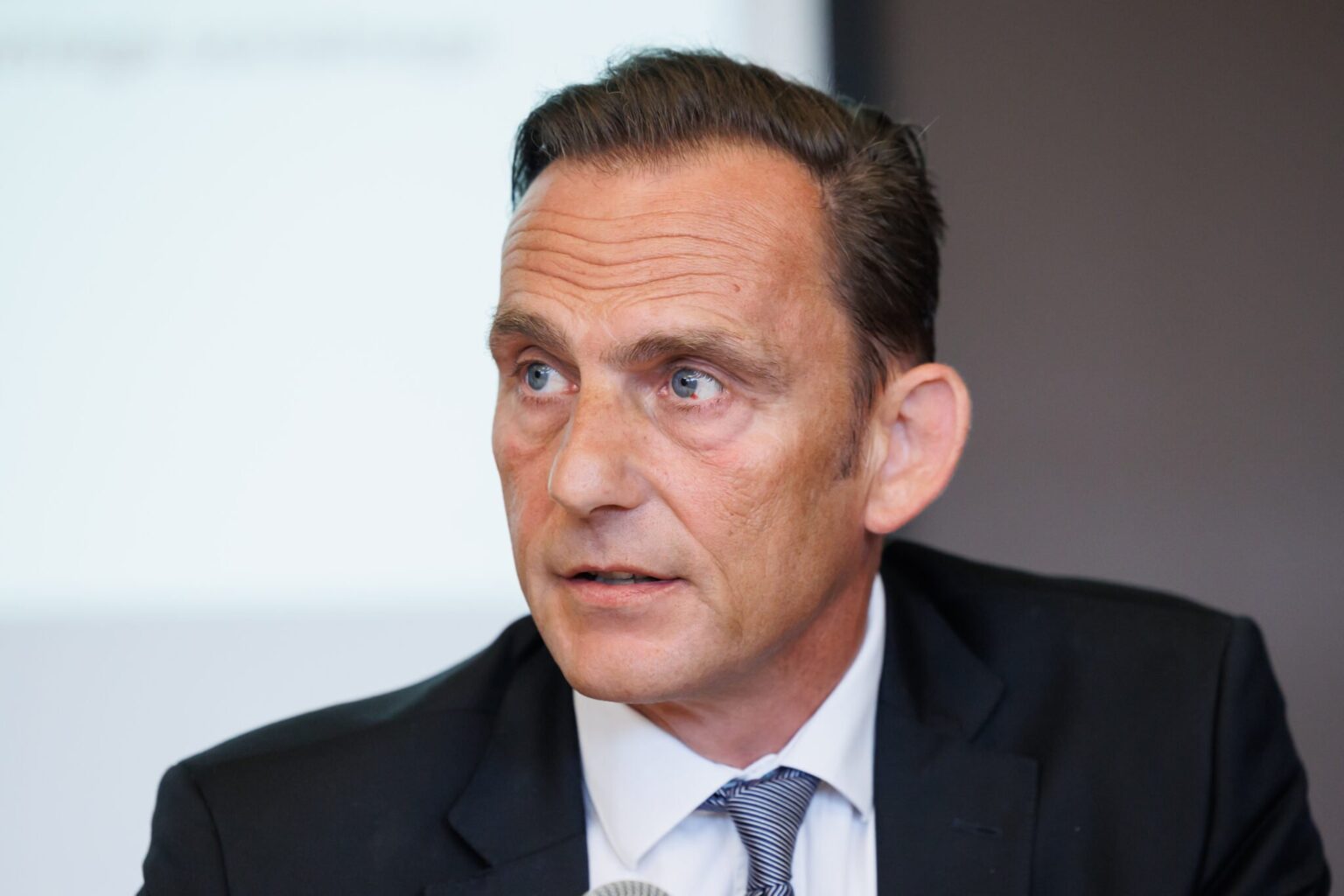By: Sara Kovač (Nova24tv.si)
After employers have been critically pointing out for a long time that the Golob government is completely ignoring the rules of the Economic and Social Council, the President of the Association of Employers of Slovenia, Marjan Trobiš, announced at Friday’s press conference that the representative employers’ organisations have decided to leave the Economic and Social Council because of its unequal role “until an equal tripartite social dialogue is established in our country based on respect for the rules of the Economic and Social Council.”
After the collapse of the social dialogue between the Economic and Social Council and the government two weeks ago, the government decided to only attend a meeting on the importance of social dialogue. All those present, including Prime Minister Robert Golob, agreed that social dialogue was important, and Golob even described it as “something living.” But it seems that it was all just nice words and nothing more. A few days ago, at the time of the adoption of the Long-Term Care Act, the representative employers’ organisations announced that they would oppose additional financial burdens.
“Certain ministries do not understand social dialogue and are trying to turn it into a social monologue, and we cannot and do not want to participate in such a difficult environment because we only have the role of an extra,” Marjan Trobiš was critical, adding that representatives of the business sector expect employers to have an equal position in the economic and social dialogue.
The economy cannot afford additional burdens
According to the Slovenian Press Agency, Trobiš said that they were bothered by the fact that a draft law on labour relations, which had not even been coordinated beforehand, was already in public reading. On Friday, however, the law on long-term care, which is also uncoordinated, was reaffirmed in the National Council of the Republic of Slovenia after a veto vote. The amendment to the Income Tax Act, which reduced the net income of all citizens, was also adopted without consultation. The President of the Association of Employers of Slovenia pointed out that the economy simply cannot afford the additional burdens, but the proposals and amendments add further burdens. “The modus operandi of introducing every change by increasing taxes and contributions is not the way to go,” was the issue raised.
“Under these conditions, our economy is not and cannot be competitive,” Trobiš was critical, adding that the economy should not be seen as a burden, but understood as the one that ensures that revenues are in our budget coffers. At a press conference attended by all the representative employers’ organisations (the Chamber of Commerce and Industry of Slovenia, the Chamber of Craft and Small Business of Slovenia, the Slovenian Chamber of Commerce, the Association of Employers of Slovenia and the Association of Employers of Trades and Entrepreneurs of Slovenia), Trobiš said that the employers’ organisations had decided to withdraw from the Economic and Social Council “until an equal tripartite social dialogue is established in our country based on respect for the rules of the Economic and Social Council.”
“The sobering up is beginning. The government still does not realise that you have to create first in order to spend. We are already in too much debt,” commented Janez Janša, former Prime Minister and leader of the largest opposition party.
